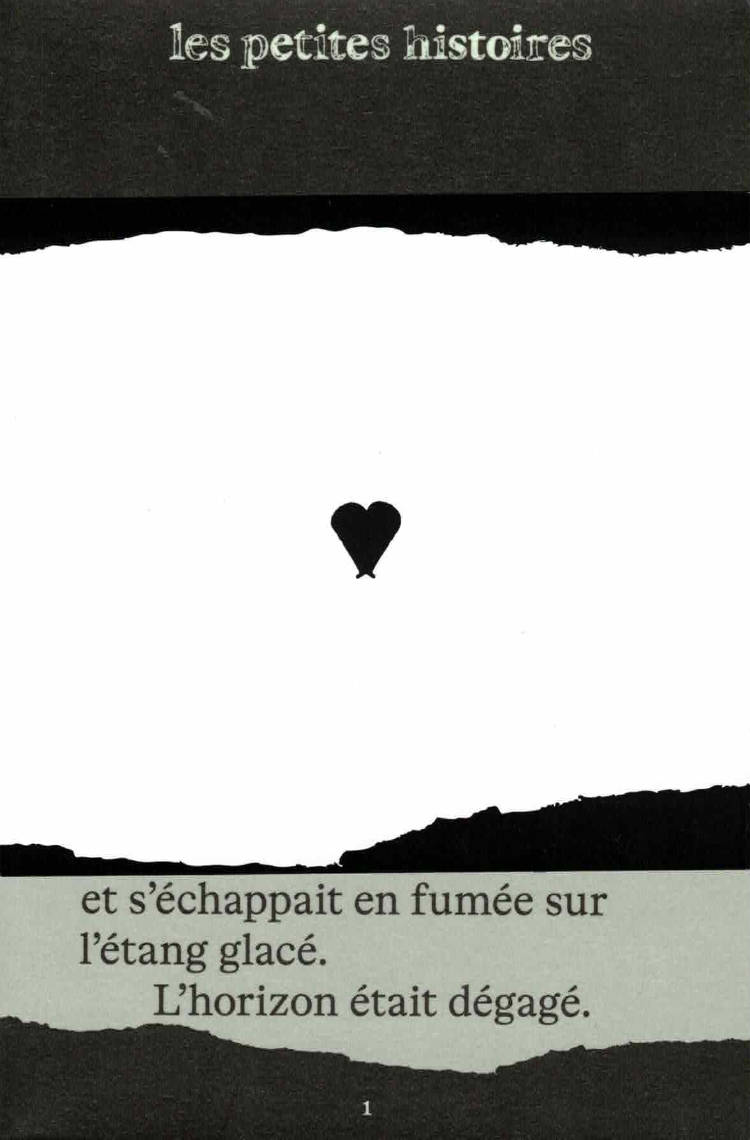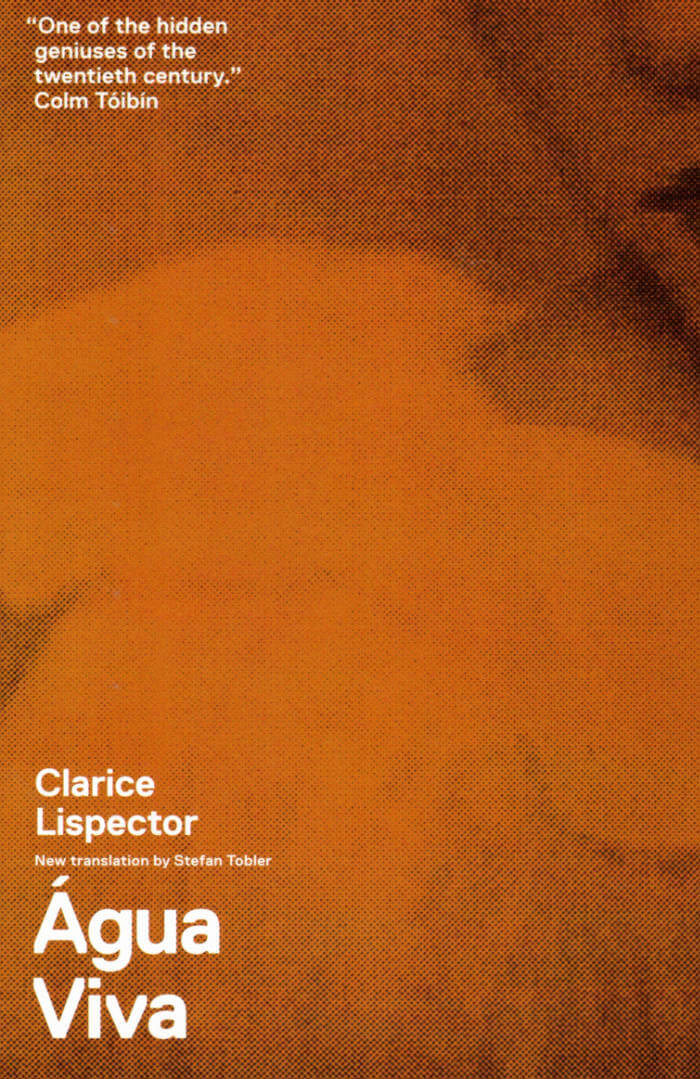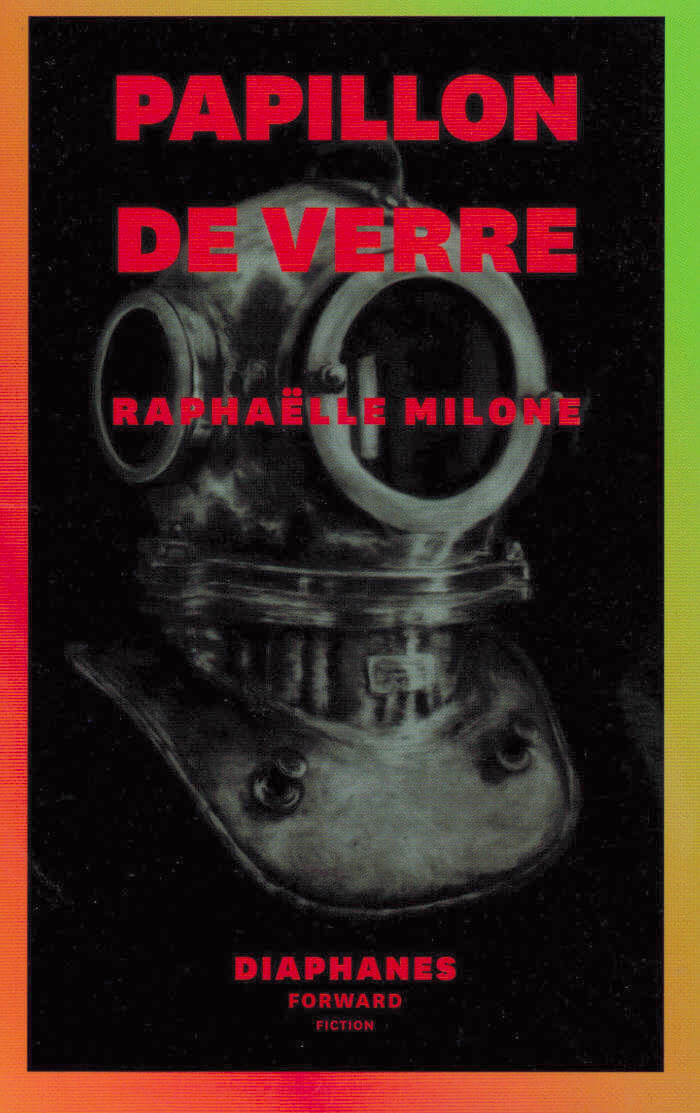
Beginnings
Oliver Boulton ed., Manon Michèle ed.
What do we start with when telling a story — What tensions activate it — What does it promise — What do we want from it — How do we deliver it — Must it have an end — What about a story which never began — Stories we wish were told — Stories which have always been there — Stories we don’t know how to start.
Beginnings is a collective attempt at questioning protocols and forms of narration, initiated by Manon Michèle. The publication gathers textual and visual works from twenty-nine artists, writers and collectives. With two covers, ninety-six pages, and no end, the publication remains in flux, with no definitive conclusions but the shape of an ongoing question: Where do we start and where might the act of arriving lead.
There’s bodies thrusted through motion, accelerations, collapses, into the folly of life, death, borders and language. There’s following intuition, rabbits, leaders, and the shape of clouds, switching from script to script to escape latched circles and compliance. There’s braiding together clashing dimensions and vital landmarks, processing ghosts to reclaim space, feeding them to trusted spirits. There’s foreseeing new shapes, and believing in what grows. There’s the poetry of saving what can be saved and the pull of letting go. There’s so much to begin with
Contributors
Alice dos Reis, Anaïs Fontanges, Anna Bierler, Auriane Preud’homme, Bravas Graphix, Calli Uzza Layton, Clara Pasteau, Cleo Tsw, D-E-A-L, Elina Birkehag, Eliott Déchamboux, Emilie Pitoiset, Heleen Mineur, Hyo Young Chu, Josefina Anjou, Juliette Lepineau, Kimberley Cosmilla, Manon Michèle, Maria Paris, Marie-Mam Sai Bellier, Mathis Perron, Mia Trabalon, Pablo Bardinet, Pays de Glossolalie, Philip Ullman, Raphaël Massart, Sanae Oujjit, Silvana Mc Nulty, Yunie Chae
Beginnings was edited and designed by Manon Michèle and Oliver Boulton, and published by Ex. Coda, 2025.
Language: English







